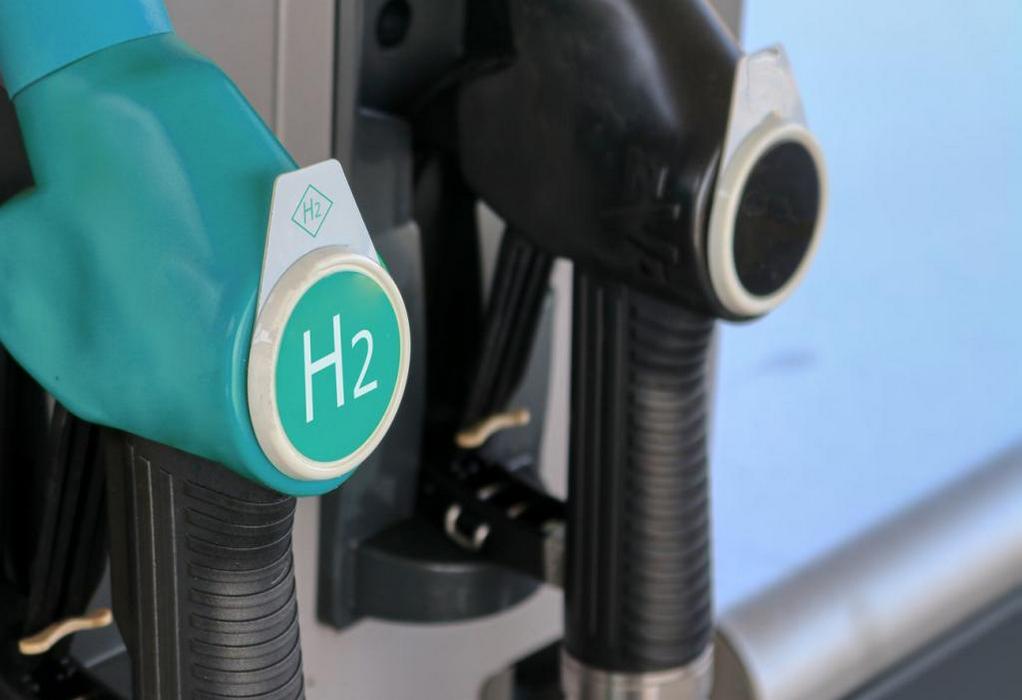It is often found that electrocatalyst platinum, a metal so rare that it’s typically more expensive than gold, and using it for hydrogen production makes production process more costly than traditional sources of renewable energy and fossil fuels.
Recently, scientists have been studying a lower cost alternative called molybdenum disulfide, which is a two-dimensional compound used in motorcycle engine lubricants and other products. While promising, it’s not nearly as efficient as platinum.
A University at Buffalo-led study published in April in npj 2D Materials and Applications could change that.
Its findings suggest that molybdenum disulfide, when enriched with two additional materials, has the potential to supplant platinum as an electrocatalyst, allowing for the more widespread adoption of hydrogen in fuel cell electric vehicles, electricity production and other applications.
In the study, researchers describe a one-step chemical reaction, known as solvothermal synthesis, that they employed to add both titanium carbide and carbon nanotubes to molybdenum disulfide.
The resulting ternary structure showed, according to the study, synergistic effects for active site exposure, surface area enlargement and electrical conductivity – all key factors that improve the performance of a catalyst.
Tags: Fossil Fuels, Fuel, Hydrogen, molybdenum disulfide, Renewables, University at Buffalo



Recent Posts
Goltens Partners with Orcan Energy to Expand Marine Waste Heat Recovery Solutions
NWSA Launches First Incentive Program for Zero Emission Trucks in Washington
IHI and Vopak Partner on Ammonia Terminal Development in Japan
Chimbusco Pan Nation Completes First B30 Marine Gasoil Delivery in Hong Kong
ITOCHU Announces Newbuilding Order for Ammonia Bunkering Vessel
India Launches Incentive Scheme for Electric Trucks under PM E-DRIVE Initiative
Royal Caribbean Welcomes LNG-Fueled Star of the Seas to Its Fleet
Swire Shipping Launches ‘Voyage to Zero’ to Help Customers Cut Scope 3 Emissions Swire